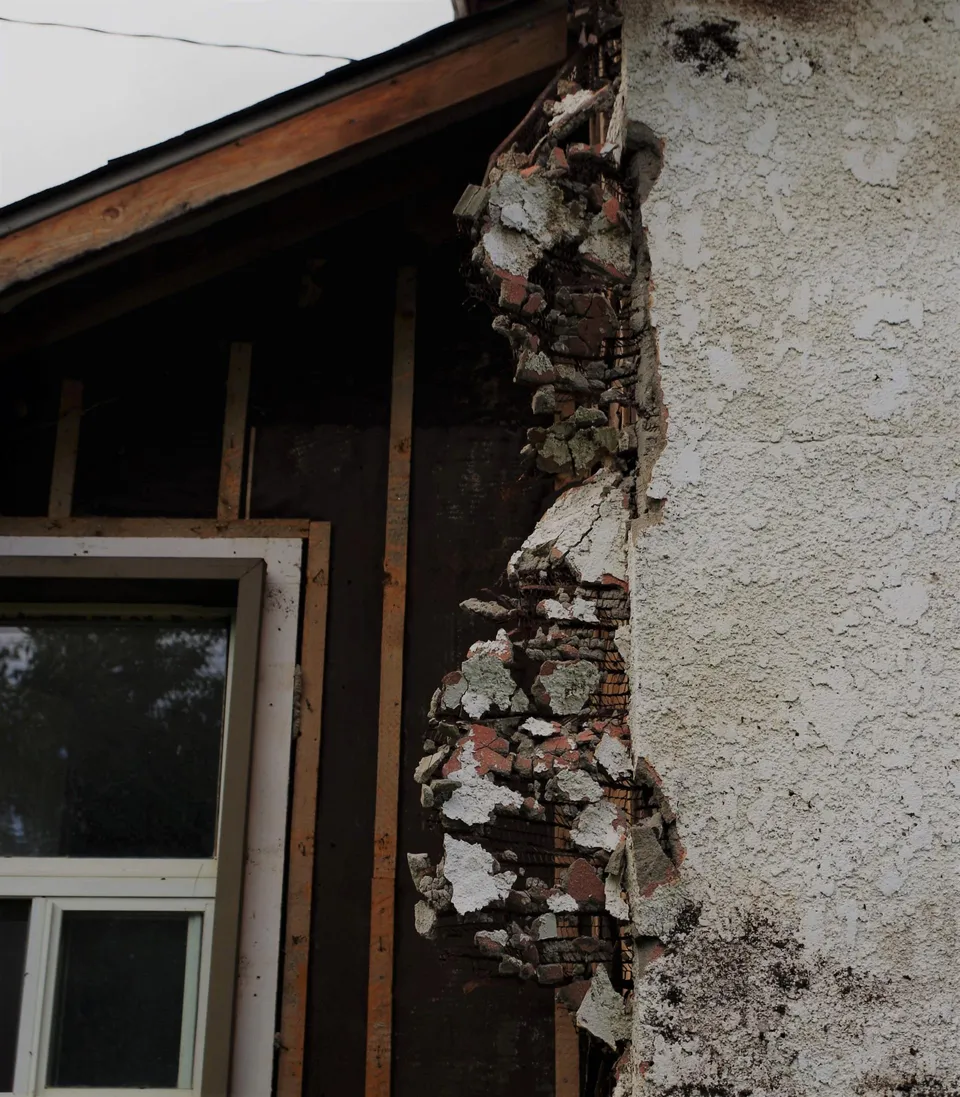Mesothelioma and Asbestos Exposure
- February 6, 2021 @ 2:40 pm
- Written by admingil
- Categories: Class Actions | Lawsuits | Legal Advice

Mesothelioma
Do you or a loved one have mesothelioma? If so, contact the experienced mesothelioma injury lawyers at John Bales Attorneys to get the help you need and deserve.
What is Mesothelioma?
Mesothelioma is a cancer of the lining of the chest, lungs, heart, and abdomen. Certain cells in the body become abnormal and divide without control or order. They can invade and damage nearby tissues and organs. There is no cure, and according to the National Cancer Institute at the U.S. National Institutes of Health, the only known cause is exposure to asbestos. The exact method by which asbestos causes mesothelioma is not known with certainty. However, a history of asbestos exposure at work is reported in about 70 percent to 80 percent of all cases.
What is asbestos?
Asbestos is a natural mineral used in many products because it is fire resistant, a heat and electricity conductor, resistant to chemical attacks and virtually indestructible. After asbestos became a commercially successful product, it was soon apparent that asbestos workers were an at-risk population.
Where does Mesothelioma occur?
Mesothelioma most often occurs in the pleura (the membrane between the lungs and ribs), but in can spread or occur locally in the lining of the abdominal organs or heart. Numbers of newly affected individuals with mesothelioma in the United States have been reported to be between 2,500 and 3,000 every year, according to the Mesothelioma Applied Research Foundation, a re-search, support, education and advocacy group.
What are common symptoms of Mesothelioma?
According to the National Cancer Institute, symptoms of mesothelioma may not appear until 30 to 50 years after exposure to asbestos. The disease is difficult to detect in its early stages because its symptoms are similar to those of a number of other conditions. The most common symptoms are:
- Shortness of breath
- pain in the chest due to an accumulation or thickening of fluid that fills the chest or abdomen
- bowel obstruction
- blood clotting abnormalities
- anemia
- fever
If the cancer has spread to other parts of the body, symptoms may include pain, trouble swallowing, or swelling of the neck or face.
Who is at increased risk for developing mesothelioma?
Anyone who was exposed to asbestos dust is at increased risk for developing mesothelioma. Since the early 1940’s, millions of American workers have been exposed to this kind of dust. Initially, the risks associated with asbestos exposure were not known. However, an increased risk of developing the condition was later found among shipyard workers, people who work in asbestos mines and mills and in boiler rooms; workers in the heating and construction industries and other trades people.
Today, the U.S. Occupational Safety and Health Administration (OSHA) sets limits for acceptable levels of asbestos exposure in the workplace. People who work with asbestos wear personal protective equipment to lower their risk of exposure.
The risk of asbestos-related disease increases with heavier exposure to asbestos and longer exposure time. However, some people with only brief exposures have developed mesothelioma. There is some evidence that family members and others living with asbestos workers have an increased risk of developing mesothelioma.
If you or a loved one suffers from mesothelioma, contact an experienced mesothelioma injury attorney today at John Bales Attorneys. Complete a FREE Online Consultation Form or call us toll free at 1-800-CALL-JOHN (1-800-225-5564) 24 hours a day, 7 days a week.
ASBESTOS AND HEALTH PROBLEMS
Hello, I’m attorney John Bales. And today I’d like to give you some legal insight into…asbestos and the potential health problems it causes. You’ve probably heard of asbestos, but maybe you didn’t know about all the grave risks associated with exposure to it.
Asbestos is a generic name given to a group of minerals that have been used for decades in thousands of commercial products. Some of the products include insulation and fireproofing materials, automotive brakes, textile products, cement, and wallboard materials. Asbestos has been classified as a known human carcinogen by the U.S. Department of Health and Human Services. That means it’s a substance that causes cancer.
According to The Centers for Disease Control, asbestos minerals have a tendency to separate into tiny particles that can remain in the air and are easily inhaled. The CDC says people who work with products containing asbestos have developed several types of life-threatening diseases, including lung cancer.
Although the use of asbestos and asbestos products has dramatically decreased over the years, they are still found in many residential and commercial settings and continue to pose a health risk to workers and others. Some of the more common jobs in which workers were exposed to asbestos include the heating and construction industries, shipyard workers, and those who work in boiler rooms.
Generally, those who develop asbestos-related diseases show no signs of illness for a long time after their first exposure. In fact, it can take as long as 50 years for symptoms to appear. There is also evidence that persons exposed to asbestos face an increased risk of developing mesothelioma. This is a cancer of the membrane that lines the abdominal cavity and internal organs. That risk may be the result of exposure to asbestos. Also, the dust brought home on the clothing and hair of workers can cause family members of workers to develop mesothelioma.
Remember, you do have rights, and may be compensated if you or a loved one got sick on the job because of asbestos. Call me at 1-800-CALL-JOHN with any questions. And if you have a topic you’d like me to discuss here, call me or go to our website, JohnBales-dot-com and click on Legal Insight.
